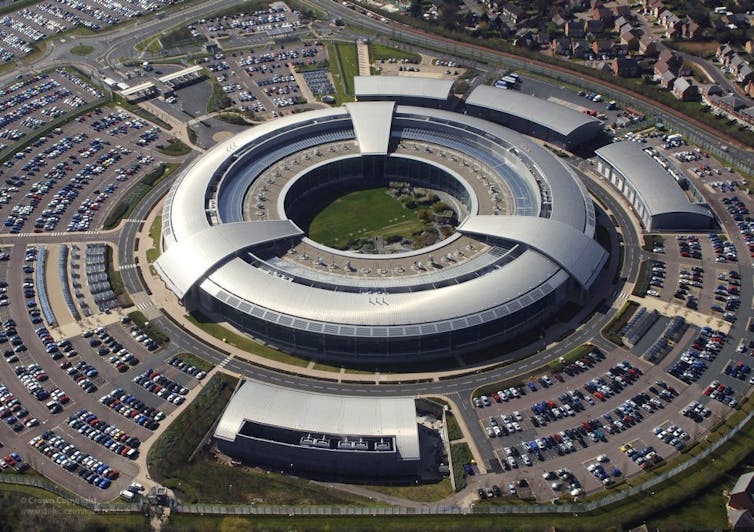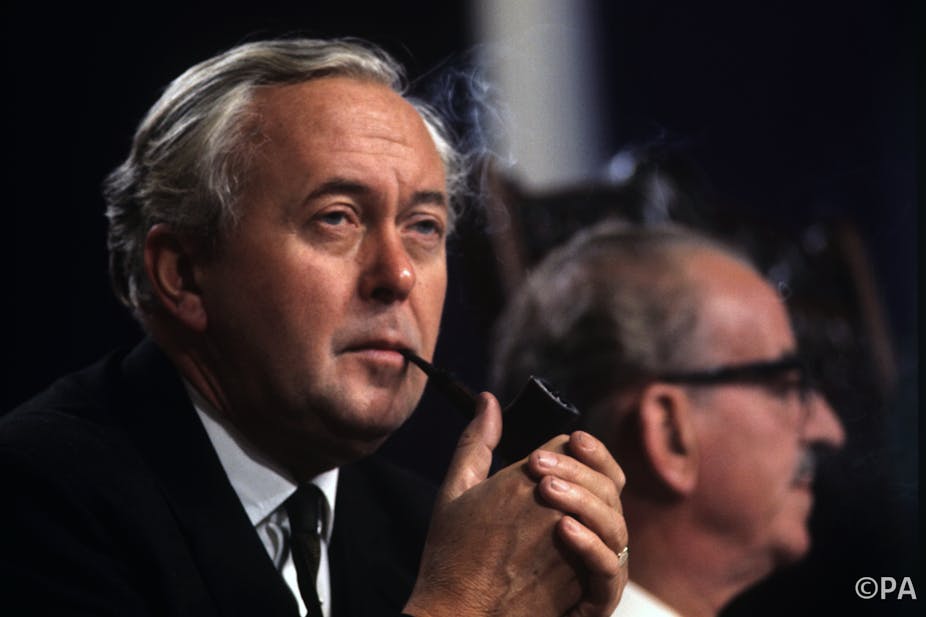The Wilson doctrine, a parliamentary convention which has for almost 50 years protected parliamentarians’ communications from the prying eyes of Britain’s intelligence and security agencies, is under fire. The Investigatory Powers Tribunal, which hears complaints against GCHQ, MI5 and MI6, recently ruled that the doctrine has no basis in law.
In a case brought by Green Party politicians Caroline Lucas and Baroness Jenny Jones and former MP George Galloway, the IPT concluded that there is no legislative provision to support the claim that members of parliament should in this respect be treated differently to anyone else.
The convention was established in 1966 by the then prime minister, Harold Wilson, in response to growing parliamentary pressure to reveal whether the security services had been tapping MPs’ telephones. The doctrine comprises Wilson’s assertion “that there was to be no tapping of the telephones of members of parliament”, but also crucially that “if there was any development of a kind which required a change in the general policy” the prime minister would “make a statement to the house about it”.
Every successive prime minister has expressed their government’s commitment to the Wilson doctrine, and in several cases have expanded upon and clarified what it means in the face of changing technology and laws. Yet despite this consistent prime ministerial support, the IPT dismissed Wilson’s statement as “a political statement in a political context”, claiming the doctrine has little force as a parliamentary convention. The tribunal argued that it came with so many caveats that members of parliament could have no “legitimate expectation” that it would actually be enforced.
The view that members of the Commons and the Lords should have expected that a policy repeatedly stated by successive prime ministers on the floor of the House of Commons would in practice not be applied has been viewed as somewhat surprising, to say the least.
Consequently Chris Bryant, the shadow leader of the House, was prompted to call an emergency Commons debate. “To all intents and purposes,” he observed starkly of the tribunal’s judgement, “it means that the Wilson doctrine is dead”.
Stand or fall?
So the debate was the opportunity for the government to either take steps to reassert and support Wilson’s convention, or to kill it off – something likely to run into considerable opposition. In fact home secretary Theresa May did neither. Labour’s Bryant and David Davis, a Conservative MP with a history of campaigning against intrusive surveillance, repeatedly pressed the government to explain whether there had been a change in the policy and if so what this entailed.

In response May stated that the Wilson doctrine did not mean that parliamentarians were above the law – an assertion no one had made – and that the convention continued to apply regardless of the IPT ruling. This despite the fact that, as Bryant pointed out, the tribunal’s published evidence clearly stated that there had been “changes in the doctrine”. The home secretary retreated into the ministerial comfort of refusing to comment on issues of national security, even if those issues have already been made public elsewhere.
It appears that the government holds the simultaneously contradictory views that the Wilson doctrine continues unaltered while accepting the IPT’s conclusion that members of parliament cannot expect it to apply in practice. It’s hard to avoid the conclusion that the home secretary’s response was simply a dodge, a manoeuvre, to buy time. After all, the government intends to introduce yet another investigatory powers bill (a so-called “snooper’s charter”) in the coming months, which – as May revealed, will not be subject to significant consultation – could contain legal underpinnings to put Wilson’s parliamentary convention on a firmer footing.
Certainly the IPT’s ruling has brought about a change in how that bill will be considered by MPs and those in the Lords, and there will be considerable pressure on the government from both sides of the House to include some kind of exclusion for parliamentary communications. In any case, the government has significant explaining to do.
Perhaps, by highlighting the ambiguities and the limitations of the Wilson doctrine, which has given at least nominal protection to those passing our laws, the tribunal’s ruling may at least have helped concentrate parliamentarians’ minds on the limited legislative protections which are offered to the rest of us.

